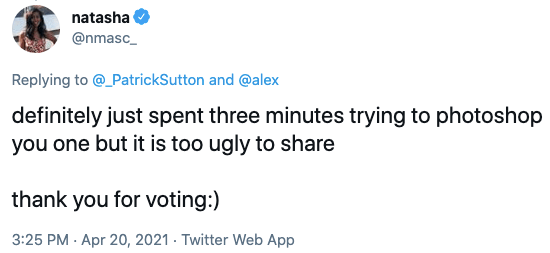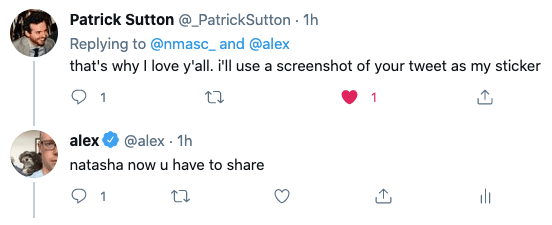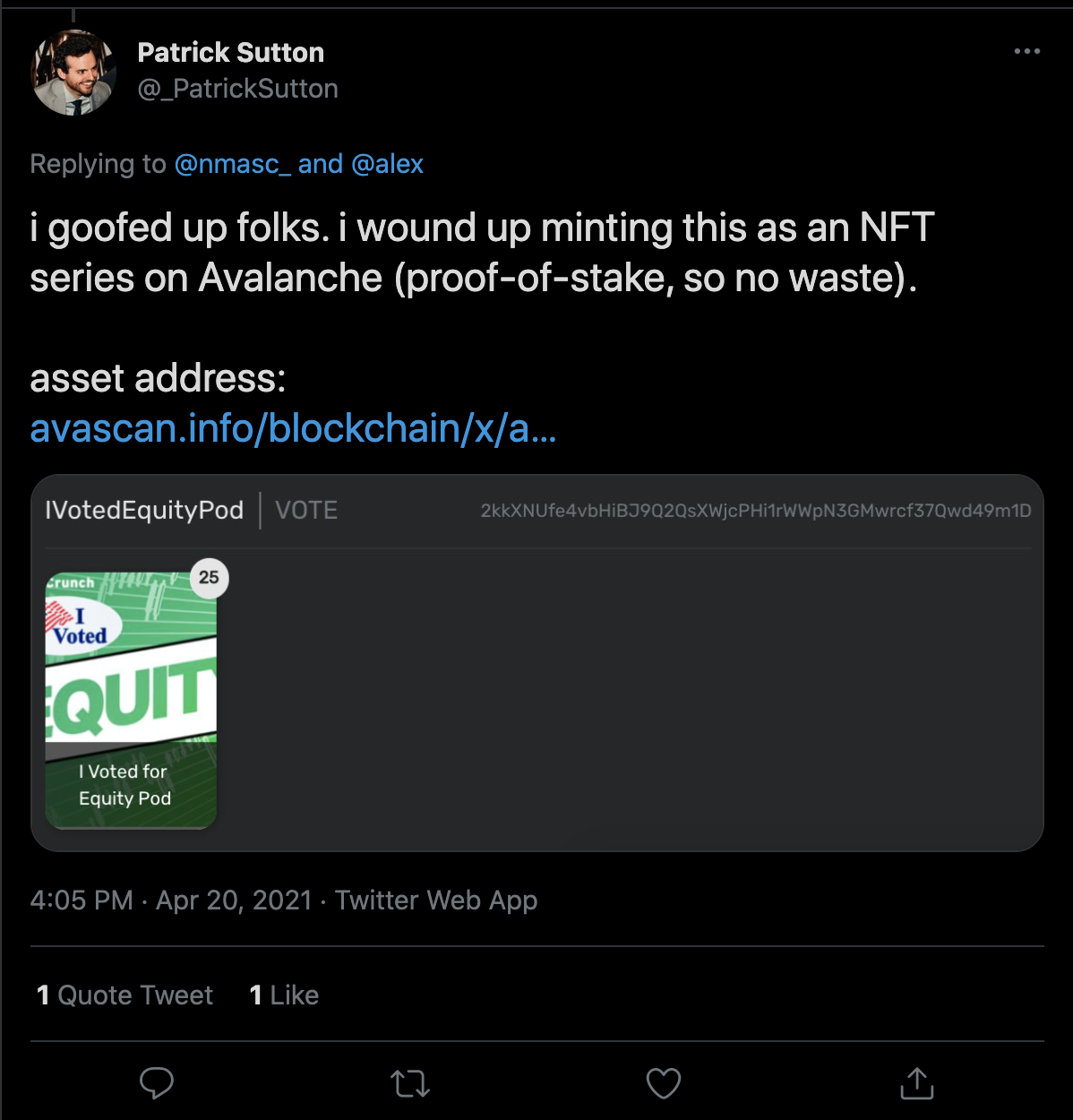News: Remote hiring startup Deel raises $156M at a $1.25B valuation after 20x growth in 2020
Many of the world’s organizations shifted to remote work due to the COVID-19 pandemic. But even as more people are vaccinated and offices are planning re-openings, it’s clear that for some organizations, remote work is here to stay. Deel, a startup which provides payroll, compliance tools and other services to help businesses hire remotely, has
Many of the world’s organizations shifted to remote work due to the COVID-19 pandemic. But even as more people are vaccinated and offices are planning re-openings, it’s clear that for some organizations, remote work is here to stay.
Deel, a startup which provides payroll, compliance tools and other services to help businesses hire remotely, has seen increased demand in the wake of this shift.
And today, the San Francisco company has announced that it has raised $156 million in Series C funding led by the YC Continuity Fund and existing backers Andreessen Horowitz and Spark Capital. Uber CEO Dara Khosrowshahi, former Stripe payments guru Lachy Groom, Jeffrey Katzenberg, Jeff Wilke, and Anthony Schiller also participated in the round, among others.
The raise is notable for a few reasons. For one, it comes just over seven months after Deel raised a $30 million Series B financing. So it is essentially more than 5x the size of that round. It’s also a big deal because it propels Deel, a 3 year-old company, to unicorn status with a $1.25 billion valuation. The raise also comes after a massive year of growth for Deel, which says it saw a “20x” increase in revenue in 2020 with over 1,800 business clients. That’s up from 500 at the time of its September raise.
Co-founded by MIT alumni Alex Bouaziz and Shuo Wan, Deel aims to allow businesses “to hire anyone, anywhere, in a compliant manner.” It claims that by using its services, businesses can hire and onboard international employees or contractors in under 5 minutes, with no local entity required and that “paying them in 120+ currencies takes just a click.”
Deel plans to use its new capital to continue an international expansion and set up 80 new Deel-owned entities across the world in 2021. Deel also plans to do some hiring itself, and grow its product offerings. The company’s own team is entirely remote, and has grown from 7 employees to over 120 across 26 countries since January 2020. CB Insights projects the industry for virtual HR software will grow to $43 billion by 2026 as technology platforms like Deel help businesses make the transition to remote-first work.
YC Continuity’s Ali Rowghani, who has joined Deel’s board as part of the funding, believes Deel was already at the forefront of remote work pre-pandemic and that “it will be long after.”
“The way people work is fundamentally changing… the [Deel] team is uniquely equipped to remove the obstacles of remote work so companies hire the best talent in the world, instead of only those nearest to them,” he said in a written statement.
As TechCrunch previously reported, Deel today already provides various tools to employees and the organizations that they work for, such as payroll services, tax compliance information, assistance on building contracts, invoicing services and a range of insurance options covering health and other areas related to working life.
Now the plan is to continue building out that stack with more services aimed at both the workers and their employers. That includes loans based on salary for workers, more insurance and benefits options and other offerings.







